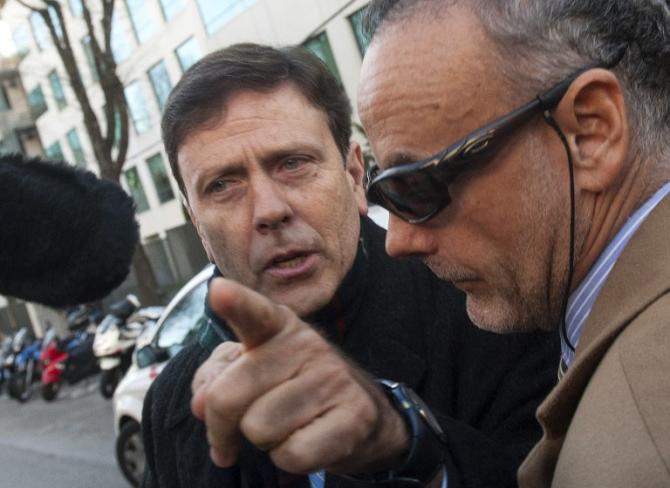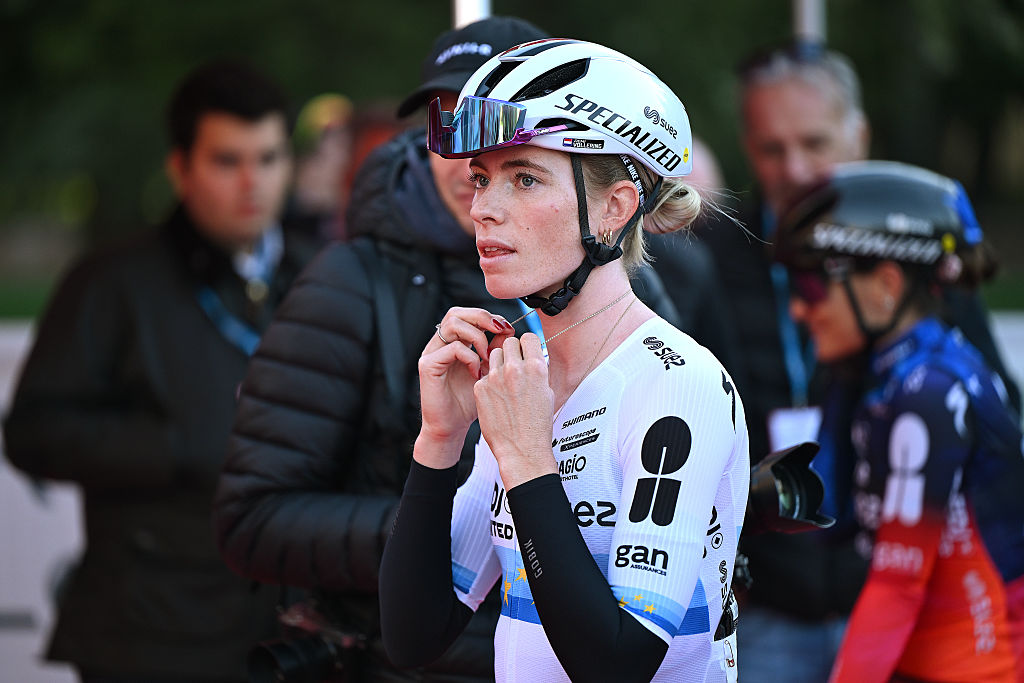More Operacion Puerto athletes could be officially named in weeks
Blood bags being investigated in Lausanne
The latest race content, interviews, features, reviews and expert buying guides, direct to your inbox!
You are now subscribed
Your newsletter sign-up was successful

The names of athletes who had bags of blood confiscated as part of Operacion Puerto maybe revealed in the next few weeks. According to a report in El Pais, the anti-doping laboratory in Lausanne, Switzerland, has spent the last months trying to identify the owners of the blood bags and it is believed that at least 20 belong to cyclists.
The blood bags were initially destined to be destroyed following a 2013 ruling but in June of this year the UCI, Spanish Federation (RFEC), WADA and the Italian Olympic Committee (CONI) won an appeal, and the bags were finally handed over. The lab has been using the DNA of suspect athletes and cross-referencing it with the blood bags to establish their provenance. With the statute of limitation passed, it is not clear what the discovery of the names will do other than providing an element of closure.
More than 200 blood bags were seized from the homes of Eufemiano Fuentes and José Luis Merino Batres during Operacion Puerto, several of which contained traces of EPO, in 2006. A report in El Pais in 2013 stated that the blood, which was intended for reinfusion at a later date, belonged to 36 different athletes.
Several riders were implicated when the UCI named them as patients of Fuentes on the eve of the 2006 Tour de France, resulting in a mass exodus of riders. Riders were given code names by Fuentes, but Investigators were able to deduce the real owners of the names, figuring out that they were the names of their pets. Among those named in the scandal were Ivan Basso, Michele Scarponi, Alejandro Valverde, Joseba Beloki, Allan Davis, Francisco Mancebo, Jan Ullrich and Oscar Sevilla. Thomas Dekker has admitted to being the rider Clasicomano Luigi, although there is a codename Luigi that has not been officially linked to a rider.
Davis was later cleared by the Australian Sports Anti-Doping Authority (ASADA). Spanish Federation chose not to pursue any investigation into any of the riders involved but did begin disciplinary proceedings against former Liberty Würth director Manolo Saiz, but charges against him were later dropped. Several riders were given suspensions, including Basso, Valverde and Scarponi but others were cleared.
A criminal case was opened some three years after the initial discovery of the blood bags, with eight people in total being charged – including Fuentes, Merino and Saiz and his fellow sports director Vicente Belda. The case looked into whether they had committed a crime against public health. After lengthy proceedings, in April 2013, Fuentes was found guilty of the charges and handed a one-year suspended prison sentence and banned from working as a doctor for four years, while the other defendants were cleared. The anti-doping bodies requested access to the blood bags in order to analyse them, but their request was denied.
An appeal was launched on both sides, and the new case resulted in an almost complete reversal of the previous decision. Finally, in 2016, Fuentes was cleared of all charges and the blood bags were approved to be released to the authorities. Those that had been acquitted previously would remain so.
The latest race content, interviews, features, reviews and expert buying guides, direct to your inbox!
The El Pais report looks deeper into Fuentes’ past, saying that the now infamous doctor was dismissed from his position as doctor in residence at the Joaquín Blume Athletes Residence – which is run by the Spanish Education, Culture and Sport Ministry – in 1987 following the discovery of notes indicating an experimental project with the substance Cyclopentaneperhydrophenanthrene, a steroid derivative. Despite his dismissal, the report says, Fuentes remained heavily involved in treating athletes and soon after that he became involved in cycling. He worked for teams such as Seat-Orbea, ONCE and Kelme.
For a full timeline of the Operacion Puerto case, click here.

